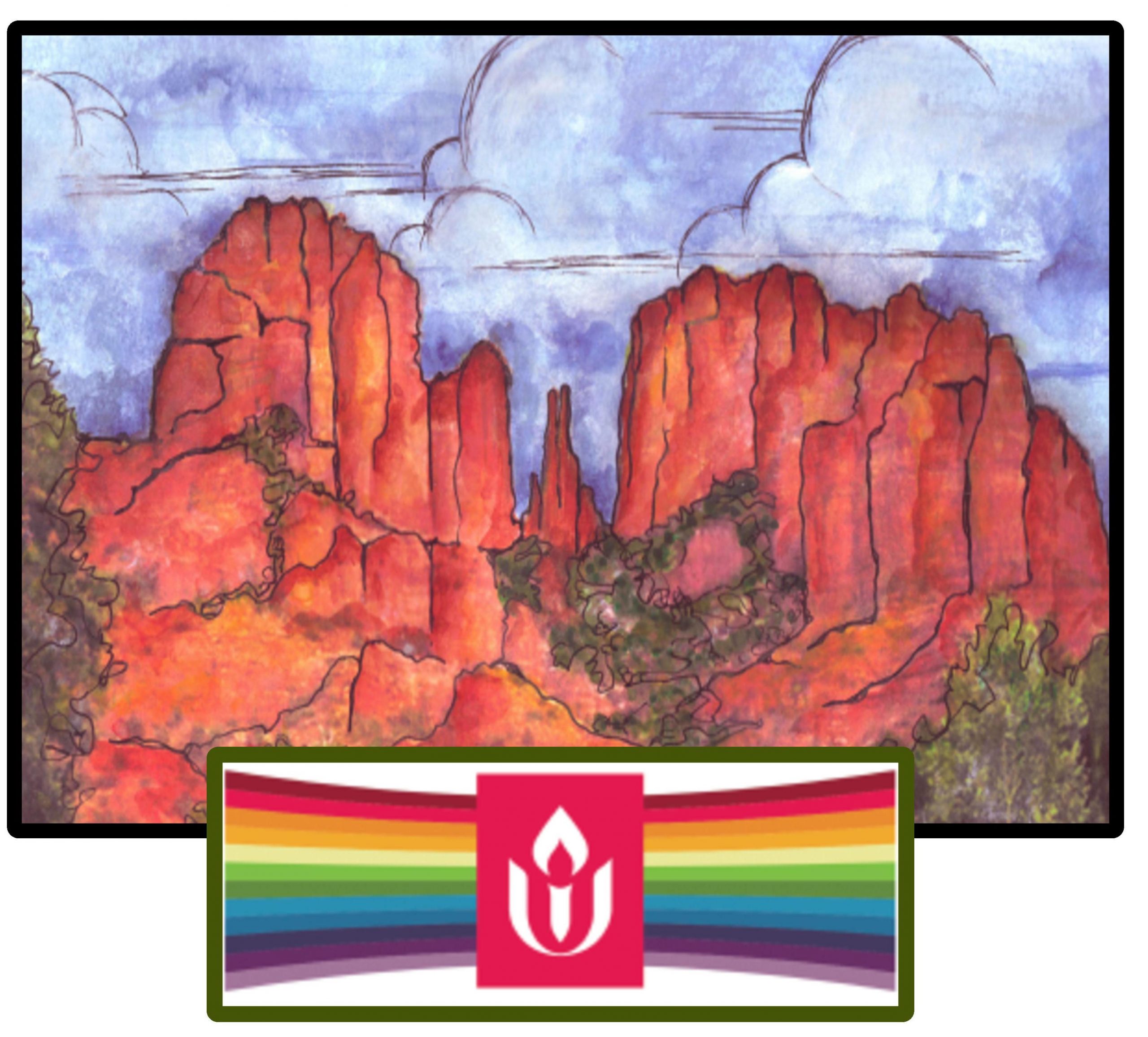UUs Imagine the Cathedral of the World (#112)
The late Unitarian Universalist minister Forrest Church suggested a thought experiment: Imagine waking one morning from a deep sleep to find yourself in the nave of a vast, ancient “Cathedral of the World.” At one end is the first altar ever built; at the other end is a shrine to the world’s newest faith; in-between … Continue reading UUs Imagine the Cathedral of the World (#112)
